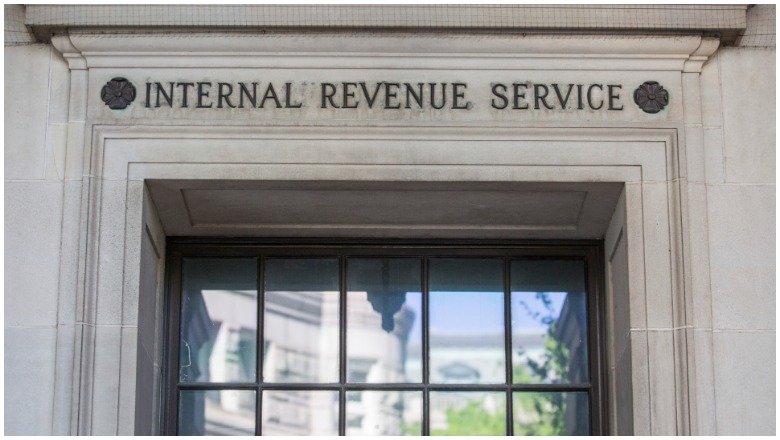
Getty How much would you receive in the second round of stimulus payments?
Americans who owe debt to their banks might be forced to say goodbye to their COVID-19 stimulus checks before ever getting the chance to consider how to use the money. This is because Economic Impact Payments, as they’re called by the IRS, are not exempt from private debt collection. So if your stimulus payment is deposited into an account in which you owe your bank money (for overdraft fees, for example), then your bank has the right to take all or part of your stimulus payment out of your account to offset your debt.
This might be cause for alarm for millions of Americans who have been anticipating their stimulus payment. Politicians including Sens. Elizabeth Warren, Josh Hawley, and Sherrod Brown have voiced concerns about this very problem and have called for stronger restrictions around debt collection and stimulus payments, but to no avail.
Brown and Hawley wrote a joint letter to Treasury Secretary Steven Mnuchin on April 9 requesting stimulus payments be exempt from private debt collection. According to The Hill, the senators wrote, “To carry out Congress’s intent and ensure that American families receive the help they need, we ask that you immediately exercise your authority to protect these payments from private debt collectors.”
The Treasury has yet to announce any exemption.
Here’s what you need to know:
Here’s How, & in What Context, Your Bank Might Take Your Stimulus Payment to Offset Debt
According to The American Prospect, debt collectors like banks are allowed to seize your stimulus payment because Congress did not exempt these payments from private debt collection.
The American Prospect acquired audio from a webinar with banking officials hosted by the Treasury Department last week in which Ronda Kent, chief disbursing officer with Treasury’s Bureau of the Fiscal Service, explained that banks do have the right to “collect” payments “if the payee owes an outstanding loan or other payments to the bank.” You can listen to the audio via The American Prospect.
Just because you have debt, though, doesn’t mean your bank will take your payment. You have to have a specific kind of debt for your bank to have that right.
Stimulus payments are exempt from certain types of debt collection. A bank can’t take a person’s stimulus payment over just any kind of debt; it has to be private debt. If a person has debt with a state or federal agency, they can still receive their stimulus payment, unless that debt is related to child support.
An anonymous source at a financial institution offered an example of an instance in which a bank might take a person’s stimulus check:
There are hundreds of thousands of people out there who use overdraft services all the time. We allow it up to $1,000. Because of the fees involved, the people can’t keep up and inevitably they abandon it, taking the loss and the hit to their credit. I can’t tell you how many accounts we have charged off with $1,000 in them. With those accounts, if that was where you had direct deposit, the stimulus payment will still post to them.
Of course, just because a bank has the right to seize payments, it doesn’t mean the institution will choose to do so.
READ NEXT: COVID-19 Stimulus Check Qualifications: Who Will Receive a Check?

